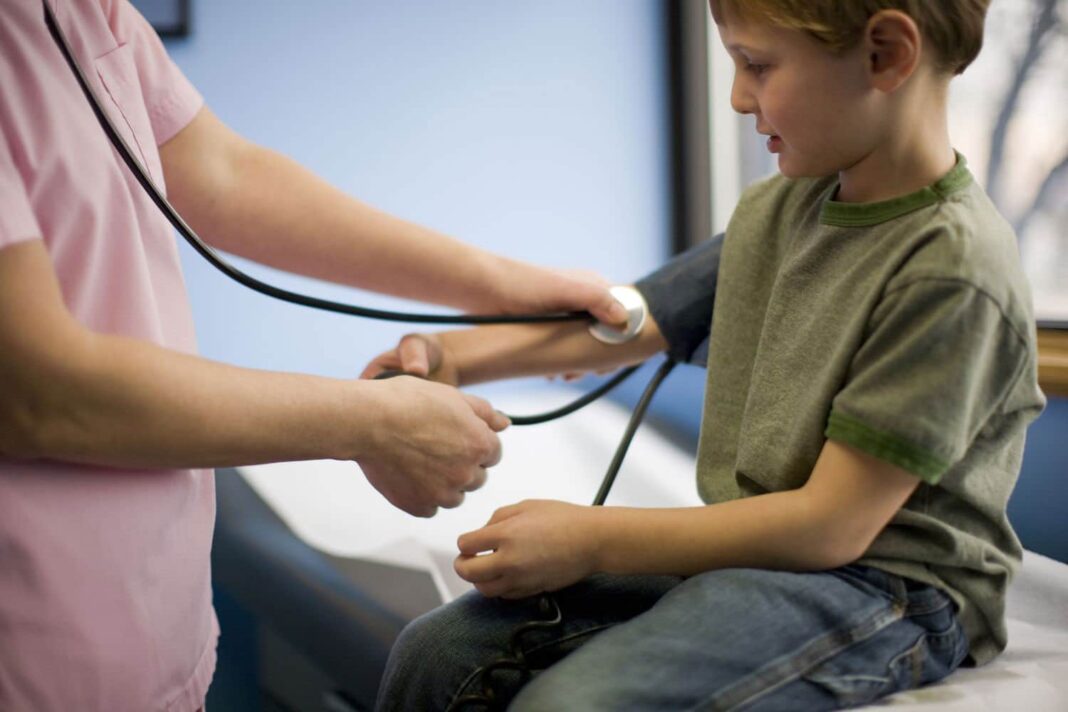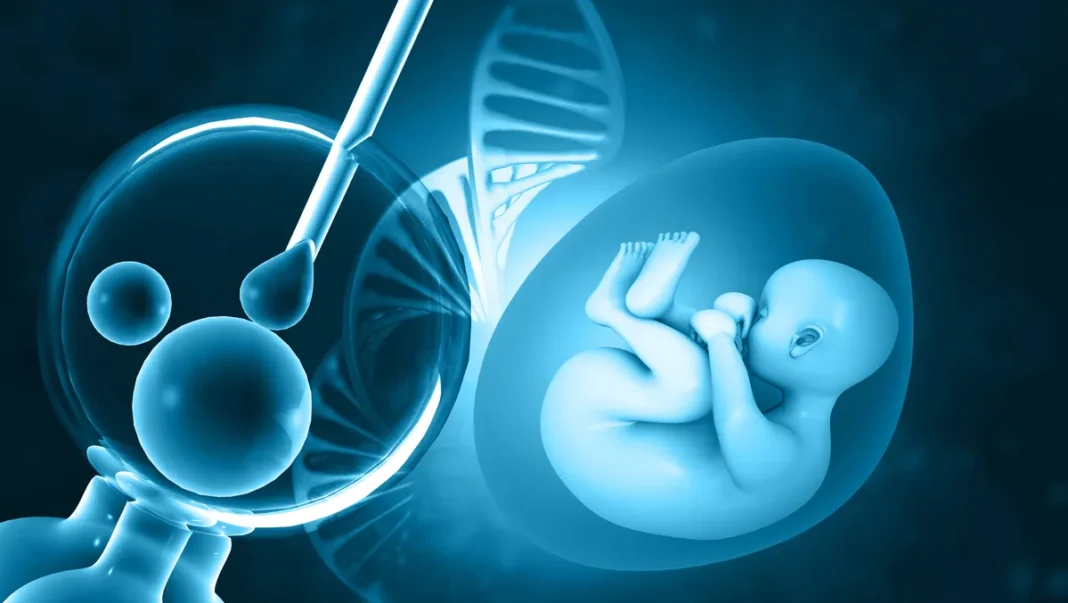High blood pressure in childhood has also been tied to long-term conditions beyond CVD, including kidney disease, vision loss, sexual dysfunction, and atherosclerosis.
A single health check at the age of 7 may provide important clues about how long someone is likely to live. According to new research from US institutions, children with higher blood pressure at that age face a substantially greater risk of dying from cardiovascular disease (CVD) decades later.
The study revealed that kids whose blood pressure was classified as elevated (90th–94th percentile) or hypertensive (95th percentile and above) were 40–50% more likely to die prematurely from CVD.
“We were surprised to see such a strong link between childhood blood pressure and serious health problems later in life,” said epidemiologist Alexa Freedman of Northwestern University.
What the Data Shows
Researchers analyzed health records from 37,081 children born in the US between 1959 and 1965. Each child’s blood pressure was measured once at age 7, and outcomes were assessed in follow-up surveys when participants reached their early 50s.

By that point, nearly 500 participants had died of cardiovascular disease, although many had shown normal blood pressure in childhood. The single reading limits how firmly conclusions can be drawn, but the association was clear: higher blood pressure in childhood meant a higher likelihood of CVD-related death.
Beyond Lifestyle and Environment
To test whether family background played a role, the researchers compared outcomes among 359 sibling groups in the study. The results were nearly identical, pointing to blood pressure itself as a major driver of risk rather than diet, environment, or upbringing.
Other contributors to CVD—such as oral health, stress, and genetic factors—were not fully addressed in this research, leaving room for further study.
Why It Matters
Although the original blood pressure data was collected in the mid-20th century, today’s children may face even greater challenges. Diet, sedentary lifestyles, and stress can all affect blood pressure. High blood pressure in childhood has also been tied to long-term conditions beyond CVD, including kidney disease, vision loss, sexual dysfunction, and atherosclerosis (the buildup of plaque in arteries).
The findings, published as a research letter in JAMA, underline the importance of early screening.
“Our results highlight the need to monitor blood pressure in children and encourage habits that protect cardiovascular health from a young age,” Freedman noted.




